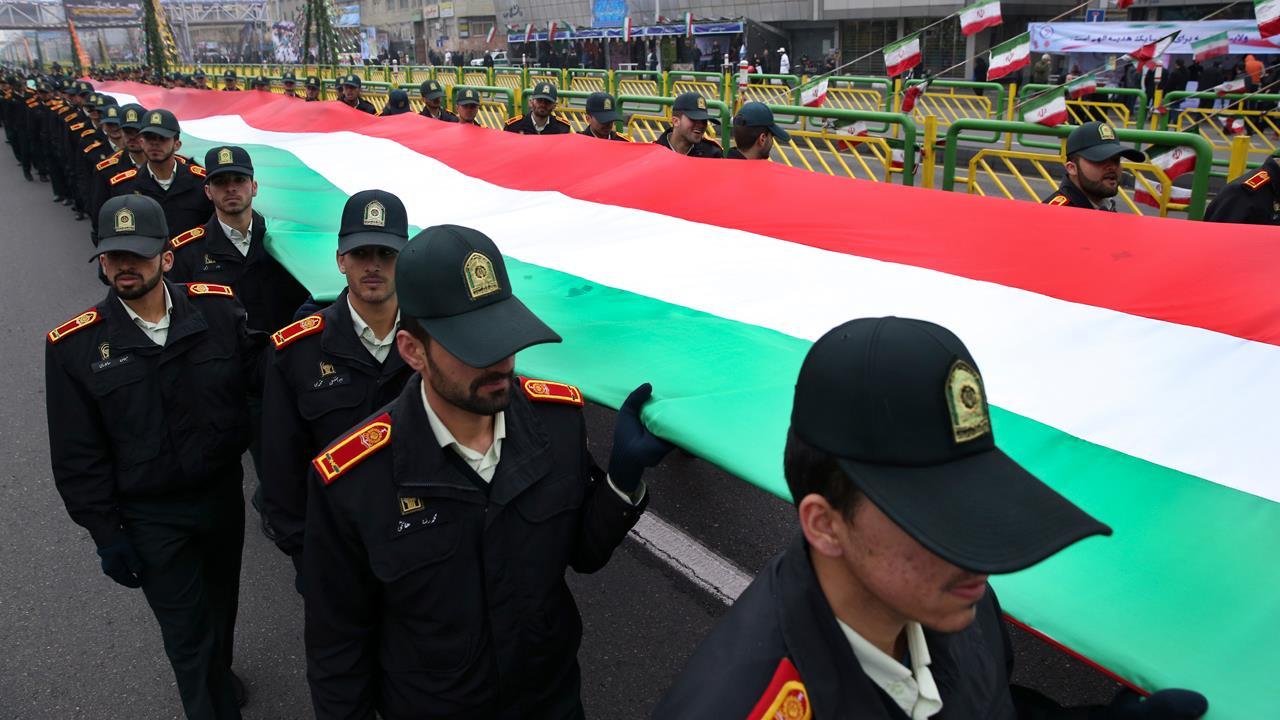U.S. ready to impose sanctions on European companies in Iran, Bolton says
National Security Adviser John Bolton warned Sunday that Washington is prepared to impose sanctions on European companies if their governments don't heed President Donald Trump's demand to stop dealing with Iran.
"Europeans are going to face the effective U.S. sanctions," Mr. Bolton said on ABC's "This Week."
Mr. Bolton's comments are the latest salvo in the Trump administration's campaign to put economic pressure on Iran and America's European allies to accept a new agreement that would impose tougher restrictions on the Iran's nuclear activities, constrain its missile program and roll back its support for militant groups.
The new agreement would supplant the Iran nuclear accord, which Mr. Trump formally abandoned last week but which the leaders of Britain, France and Germany have vowed to preserve.
European officials have said they looking for ways to help their companies escape the brunt of the U.S. sanctions. France's foreign minister said Friday he had asked for exemptions or longer grace periods for the exit of French companies such as oil-and-gas giant Total SA and car maker Peugeot SA that have returned to the Iranian market since the 2015 nuclear accord.
Secretary of State Mike Pompeo told "Fox News Sunday" that he is planning to approach European diplomats in the next several days to pursue the new deal, which would dispense with the U.S. rationale to sanction European companies.
But Mr. Pompeo's diplomatic effort faces obstacles. European diplomats have complained that the Trump administration pulled out of the Iran agreement when they were still eager to continue consultations and without explaining Washington's new nuclear demands on Tehran.
The Trump administration's demands that Iran abandon its aggressive posture in the Middle East also goes beyond what many European diplomats believe Iran would accept.
On Tuesday, the administration urged Iran to stop its support for Hezbollah, the Lebanese group that has joined Iranian forces in supporting Syrian President Bashar al-Assad.
It also demanded that Iran cease supplying weapons to the Houthi rebels, who have been at war with Tehran's archenemy Saudi Arabia, end cyberattacks against the U.S. and its allies, stop menacing U.S. military ships in the Persian Gulf and abandon its rhetoric about destroying Israel.
In the other areas, U.S. and European diplomats have some shared views on how to approach Iran, which could be carried over if there were a new agreement. In recent months, U.S. and European diplomats have agreed on ways to constrain Iran's missile program and discussed how to strengthen inspections of Iran's nuclear program. "That work is not going to be for nothing," a State Department official said.
Despite complaints in European capitals, Mr. Bolton suggested that European allies might agree to new U.S. approach once they digest the Mr. Trump's decision and face the threat of sanctions.
"They're really surprised we got out of it, really surprised at the re-imposition of strict sanctions," he said in a separate appearance on CNN. ""I think that will sink in and we'll see what happens then."
The recent talks between the U.S. and European diplomats on how to fix the current Iran agreement foundered on the question of how to address the easing beginning in eight years of the nuclear constraints. The U.S. wanted to reimpose sanctions if Iran began to expand its capacity to enrich uranium at that point. European diplomats complained that approach was too rigid and would rewrite the 2015 Iran agreement they had signed.
In his television appearance Sunday, Mr. Pompeo also expanded on his comments Friday that the U.S. would help North Korea achieve economic prosperity if it gave up its nuclear arsenal.
Such an effort, he said, would involve "private sector Americans" who would help North Korea develop its electrical grid, improve its agriculture and develop its infrastructure. No U.S. government money would be provided to North Korea.
Mr. Pompeo said that North Korea's announcement that it would close its nuclear site and destroy its tunnels there was "good news." "This is one step along the way," he added.
--Chris Gordon contributed to this article.
Write to Michael R. Gordon at michael.gordon@wsj.com




















